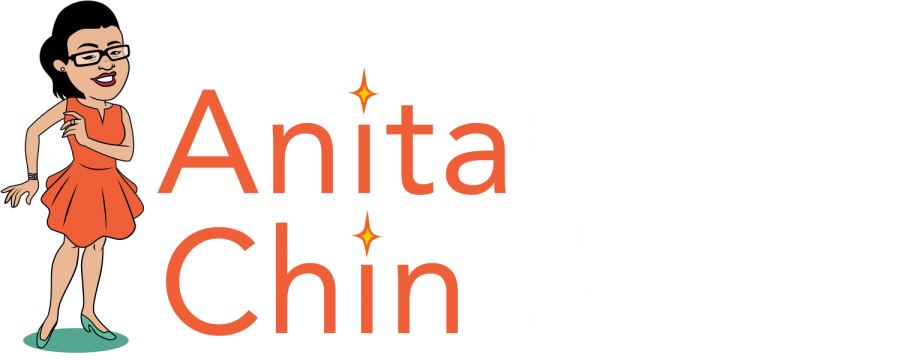Annual Primary Mathematics Conference
Assessment: It’s a whole-school approach
Saturday 10th March 2018
The Epping Club, Sydney
Associate Professor Rosemary Callingham
Associate Professor of Mathematics Education
University of Tasmania
I have had a wide-ranging career, in which a passion for education has been a continuing theme, although I came to the field late in a formal sense. This delay in beginning a formal teaching pathway allowed me to enjoy diverse influences, including living in three different countries, and bring this life experience into my teaching and, later, research careers. Mathematics and its teaching has been a long-term passion.
As a classroom teacher and a university lecturer, I aimed to inspire my students through interesting and innovative activities, such as collecting data from a local cemetery.
I became particularly interested in the assessment of mathematics and statistics, and this became a theme in my research career. I continue this interest today as a consultant and Adjunct Associate Professor at the University of Tasmania, working on national projects with teachers and schools. More about Rosemary can be found on her website http://www.utas.edu.au/profiles/staff/education/Rosemary-Callingham
Rosemary will be speaking on:
Let’s talk about it: Secrets of schools successful in Mathematics | KEYNOTE ADDRESS
What are the characteristics of schools where students do well in mathematics? What strategies do teachers use to assess students’ progress and engage them in meaningful mathematical learning? Drawing on several recent research studies, this presentation will focus on what schools do to support mathematics learning and how they achieve their goals.
From assessment to teaching: Bridging the gap, K-6 | SESSION B2
Although teachers often talk about assessment for learning or assessment as learning, sometimes the teaching that they put in place as a result of the assessment seems to miss its mark. Implementing simple dialogue strategies, based on the work of Marion Blank in literacy, can help to target teaching more effectively and efficiently, leading to greater teacher satisfaction and improved student learning. This hands-on workshop will use students’ work and rich tasks as a basis for beginning a dialogue that allows students to engage with the mathematical content whatever their level of achievement. Although work samples will be available, you may find that using examples of your own students’ work more insightful and are welcome to bring along your own.
Rosemary will be referencing:

